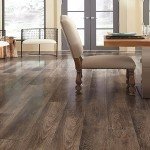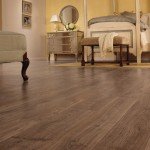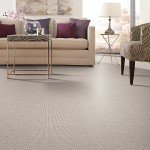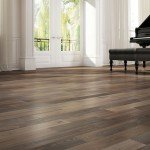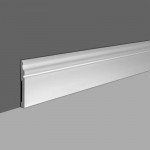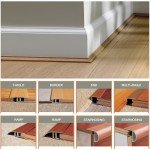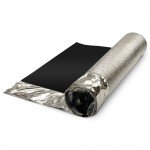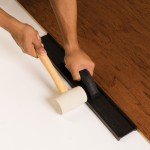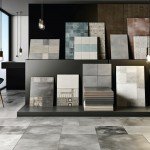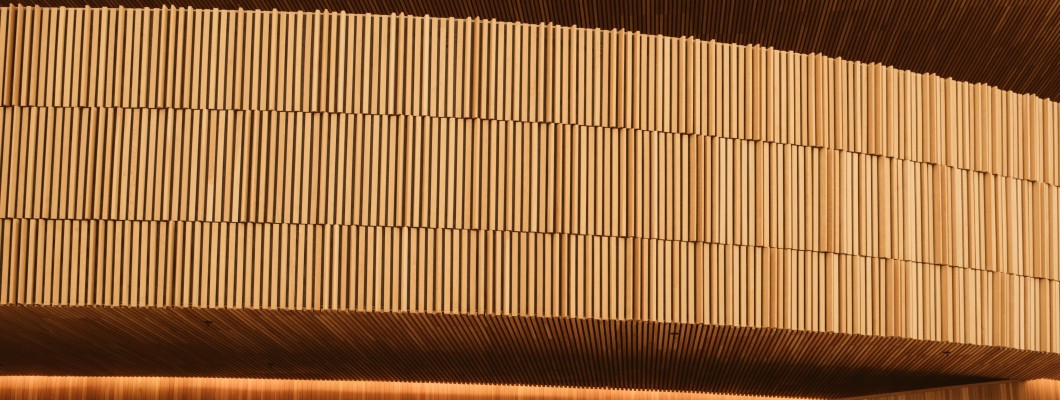
When it comes to choosing between engineered hardwood and
bamboo flooring, there are several factors to consider. Both types of flooring
offer unique benefits and drawbacks, and your decision will ultimately depend
on your personal preference, lifestyle, and budget. In this article, we'll
compare engineered hardwood and bamboo flooring, highlighting their pros and
cons, to help you make an informed decision.
Engineered Hardwood Flooring
Engineered hardwood flooring is made up of multiple layers
of wood that are stacked and glued together. The top layer is made of real
hardwood, while the bottom layers are made of high-quality plywood. This type
of flooring is designed to look and feel like solid hardwood but is more
affordable and resistant to moisture.
Advantages of Engineered Hardwood Flooring:
- Durability:
Engineered hardwood flooring is more resistant to scratches, dents, and
moisture than solid hardwood flooring.
- Aesthetics:
Engineered hardwood flooring looks and feels like real hardwood and comes
in a variety of finishes, species, and colors.
- Cost-effective:
Engineered hardwood flooring is more affordable than solid hardwood
flooring.
- Easy
to install: Engineered hardwood flooring can be installed using a floating
method, which does not require nails or adhesives.
Disadvantages of Engineered Hardwood Flooring:
- Limited
Sanding: Engineered hardwood flooring can only be sanded and refinished a
limited number of times.
- Not
as authentic: While engineered hardwood flooring looks and feels like real
hardwood, it is not 100% authentic.
Bamboo Flooring
Bamboo flooring is made from the fast-growing bamboo plant.
The stalks of bamboo are sliced and laminated together to form planks that can
be used as flooring. This type of flooring is eco-friendly, durable, and
moisture-resistant.
Advantages of Bamboo Flooring:
- Eco-Friendly:
Bamboo is a highly renewable resource that grows much faster than hardwood
trees.
- Durability:
Bamboo is one of the most durable materials used in flooring. It is
resistant to scratches, dents, and water damage.
- Variety:
Bamboo flooring comes in a variety of styles, including natural,
carbonized, and stained.
- Easy
to Clean: Bamboo flooring is easy to clean and maintain. Regular sweeping
and mopping can keep the flooring looking new.
Disadvantages of Bamboo Flooring:
- Moisture
Sensitivity: Bamboo flooring is sensitive to moisture and can warp or
swell if exposed to water for long periods of time.
- Scratching:
Although bamboo flooring is durable, it can still scratch and dent over
time.
- Limited
Color Options: While bamboo flooring comes in a variety of styles, the
color options are limited compared to hardwood.
Conclusion
Both engineered hardwood and bamboo flooring have their pros
and cons. Engineered hardwood is more durable, cost-effective, and easy to
install, but it is less authentic than solid hardwood flooring. Bamboo flooring
is eco-friendly, durable, and easy to clean, but it is sensitive to moisture
and has limited color options. Ultimately, the choice between the two types of
flooring comes down to personal preference, budget, and lifestyle. Consider the
advantages and disadvantages of each type of flooring, and choose the option
that best suits your needs and preferences.

